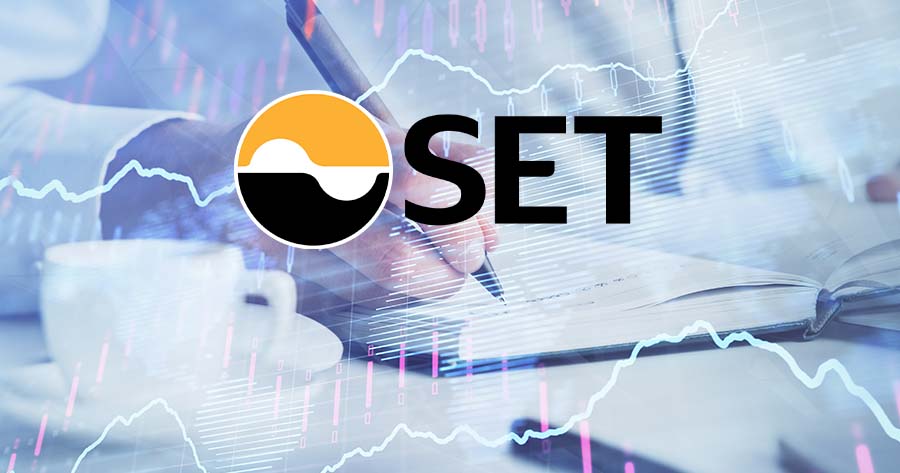1) Thai stock market overview
Thailand’s SET Index closed at 1,528.54 points, decreased 2.66 points or 0.17% with a trading value of 47 billion baht. The analyst stated that the Thai stock market moved narrowly as the morning session performed well, but was pressured by a selloff in power generators and finance, causing the index to close lower due to no positive factors to buoy the market. The analyst expected the SET Index to continue moving within the range tomorrow.
2) Thailand’s May inflation slows to 0.53%
Thailand’s headline inflation for May rose 0.53% on year, largely below forecasts for 1.70% by Reuters poll, according to the data released by the Commerce Ministry on Tuesday. The reading in May was lowest in 21 months due to falling energy and food prices and a high base in 2022. Headline inflation rose 2.67% in April.
Meanwhile, core inflation was up 1.55% YoY, but still below forecast for a 1.60% increase by Reuters poll. Core inflation rose 1.66% in April.
The Commerce Ministry noted that Thailand’s headline inflation could slow further and might contract in June.
The Commerce Ministry estimated average headline inflation to be between 1.7% and 2.7% for this year.
3) Saudi Arabia hikes July crude prices
Saudi Arabia will hike the price of its trademark crude Arab Light to Asian buyers in July to a six-month high, following Sunday’s announcement that it will further cut its output beginning next month.
In a statement, the state-owned oil giant Saudi Aramco said that it will raise the price of Arab Light crude sold in Asia by 45 cents per barrel, bringing the price to $3 above the regional standard.
The price hike came after the world’s largest oil exporter and head of OPEC+ unexpectedly announced at a meeting on Sunday that it will cut output by an additional 1 million barrels per day beginning in July. The members of OPEC+, which includes other countries including Russia, also decided to extend the current cuts through next year.
4) Australian central bank hikes rate again
The Reserve Bank of Australia increased interest rates by a quarter point for the second month in a row on Tuesday, pushing the cash rate to 4.1%, an 11-year high.
The move came as a surprise to the market, with the RBA explaining the increase as it would boost confidence that inflation will return to goal within a reasonable timeframe.
Most of the economists surveyed by Reuters expected the central bank to leave interest rates unchanged.





